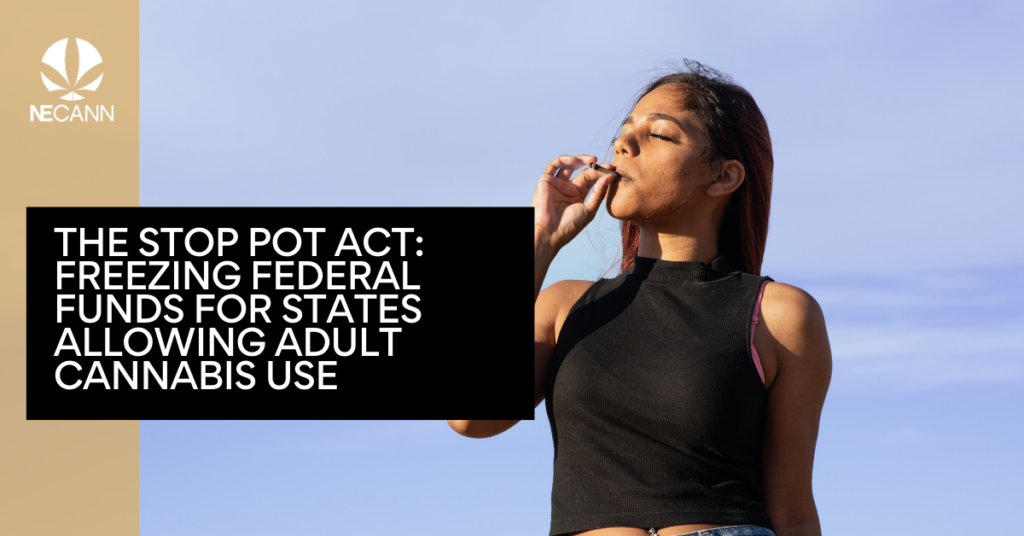In a move that has ignited debates over federal cannabis policy, U.S. Rep. Chuck Edwards (R-NC) introduced the Stop Pot Act last week, a legislation proposal with the potential to impact states and tribes that have legalized adult cannabis use. Under this act, states and tribes allowing or having already legalized adult-use cannabis would face a significant consequence: the freezing of 10% of their federal highway funds.
It’s important to note that the provisions of the Stop Pot Act would not extend to states and tribes that have chosen to legalize cannabis exclusively for medical use. This distinction reflects a broader debate over the varying regulatory approaches to cannabis in different jurisdictions.
Edwards underscored the rationale behind the legislation in a press release, stating, “The laws of any government should not infringe on the overall laws of our nation, and federal funds should not be awarded to jurisdictions that willfully ignore federal law.” He pointed to concerns within communities, including rising crime rates, drug addiction, and mental health challenges. Edwards argued that the Stop Pot Act would help mitigate the potential for increased drug access and alleviate the pressures faced by local law enforcement and mental health professionals.
Notably, the bill has garnered support from organizations like Smart Approaches to Marijuana Action and the Christian Action League, highlighting the diverse array of opinions on cannabis policy at the federal level.
This legislation arrives at a time when cannabis discussions are reaching a crescendo. In Edwards’ home state of North Carolina, the Eastern Band of Cherokee Indians is preparing to vote on the sale and adult use of cannabis on their tribal lands. If approved, these tribal lands would become the sole locations in North Carolina where non-medical cannabis could be legally purchased.
As debates surrounding federal cannabis policy continue to intensify, the Stop Pot Act introduces a new dimension to the conversation. It remains to be seen how this proposal will fare in the legislative process and what implications it might have for the evolving landscape of cannabis legalization and regulation in the United States.



